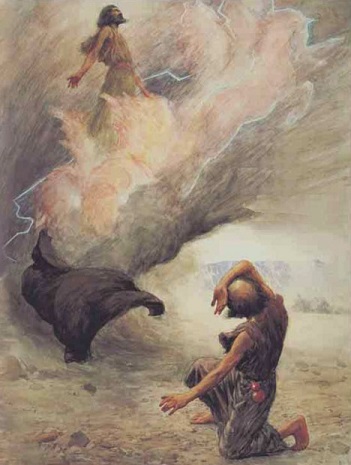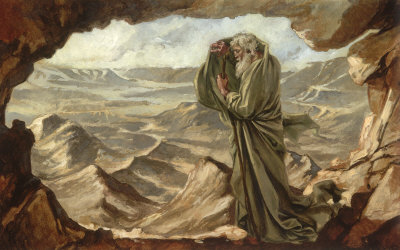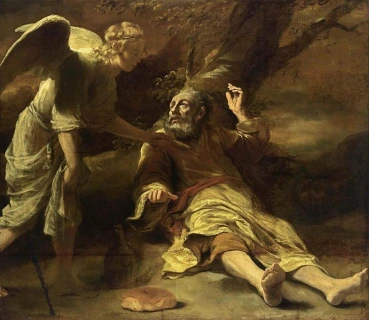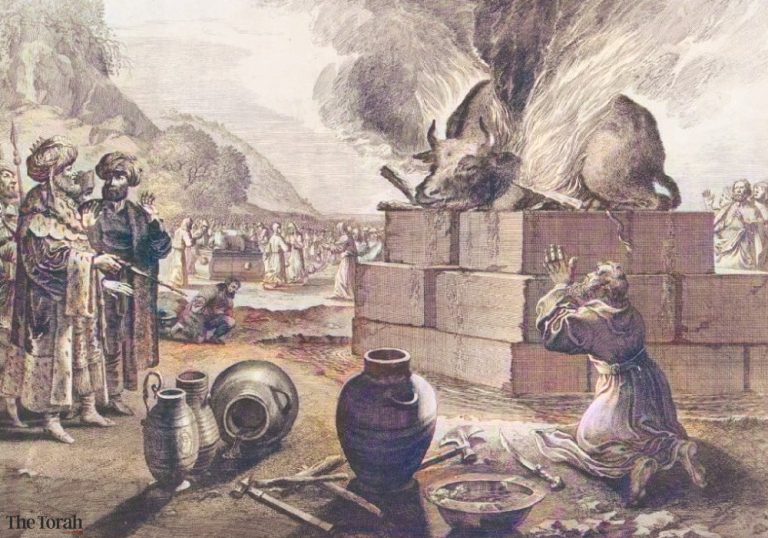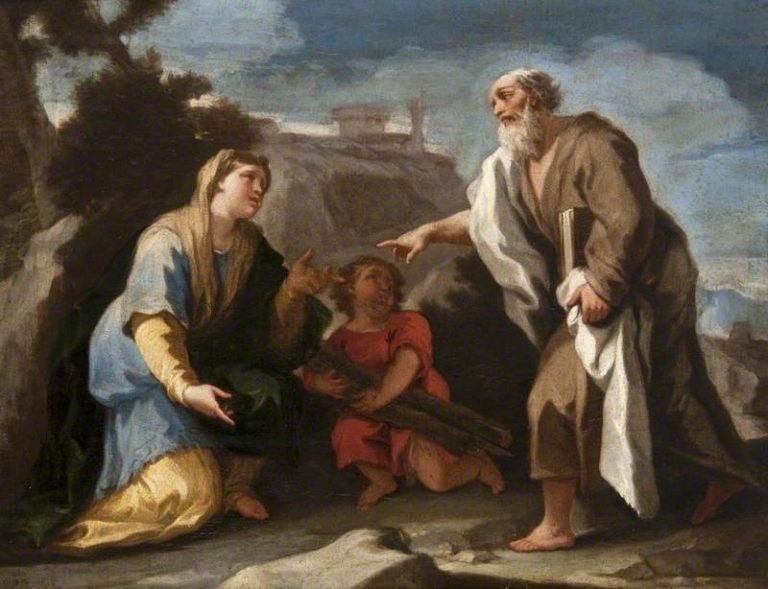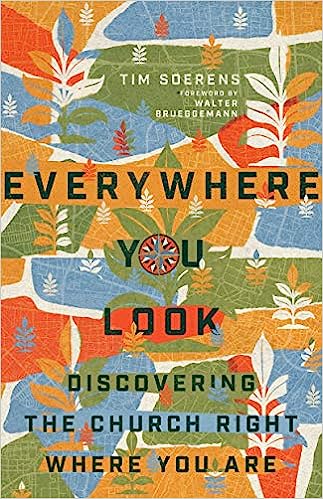
Ancient Anglican
A Modern Perspective on Early Christian Thought.
New on the Blog
Epiphany – The Visitation of the Magi – Matt. 2:1-12, pt.2
In Advent, the Church looks both backward to the Nativity and forward to the Second Coming, and this dual perspective is shown in the Magi and their worship of Jesus.
Epiphany – The Visitation of the Magi – Matt. 2:1-12, pt.1
Within this story, we remember and celebrate the first manifestation of Christ to the Gentiles (the Magi). This fulfills the promise that all the nations, not just Israel, will be blessed through him.
Elijah – Assumption and Return (2 Kings 2)
Elijah never died, and therefore, he can return. The prophesies in Malachi, Sirach, and other parts of Jewish thought, proclaim that Elijah will return. Malachi says that the Law and Moses must be remembered, but that Elijah will be directly encountered.
Elijah – Naboth’s Vineyard (1 Kings 21)
Over the last several chapters, God has sought to refocus Elijah on the true reality of justice, love, and mercy, and not on defending himself and his beliefs using the name of God. In the story of Naboth, we finally see Elijah getting the point.
Elijah – The Journey to Horeb (1 Kings 19), pt.2
The theophany on Horeb is a microcosm of Advent and Jesus’ ministry in general. In Advent we celebrate the coming of the day of the Lord, not with thunders and lightnings, whirlwinds and earthquakes, but as a baby born in a manger.
Elijah – The Journey to Horeb (1 Kings 19), pt.1
Think of how Elijah’s journey thus far reflects your own spiritual journey.
Elijah – The Contest on Mount Carmel (1 Kings 18), pt.2
To follow Jesus and to maintain our identity in Christ and not the Baals of this world, requires the endless intentionality that Elijah puts before us.
Elijah – The Contest on Mount Carmel (1 Kings 18), pt.1
Elijah ends the drought and takes his revenge upon Jezebel’s prophets of Baal.
Elijah – The Widow of Zarephath (1 Kings 16:30-17:24), pt.2
In the story of the widow, we should see Advent. We have maginalized people doing everyday things in ordinary places. Yet through them, God invades enemy-occupied territory to bring dead things back to life.
Elijah – The Widow of Zarephath (1 Kings 16:30-17:24)
See the apocalyptic battle between Yahweh and Baal (God/Satan, Good/Evil) begin to develop. Notice the faith, as it waxes and wanes, in both Elijah and the Widow. See the typology of the coming resurrection of the son.
Elijah – An Introduction
The Elijah stories provide us with a wonderful follow-up to Tim Sorens’s book Everywhere You Look about how the church can form an alternative community in the world. The stories also provide us with another way of walking through and understanding Advent.
Everywhere You Look, A Follow-Up
For this week’s lesson, we are going to share our own personal experiences and insight into how and where the Spirit is moving in Myrtle Beach. I want us to share the opportunities that we have to be the hands and feet of Jesus in the world.


